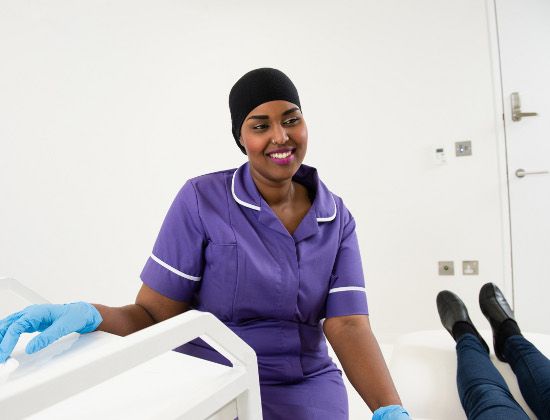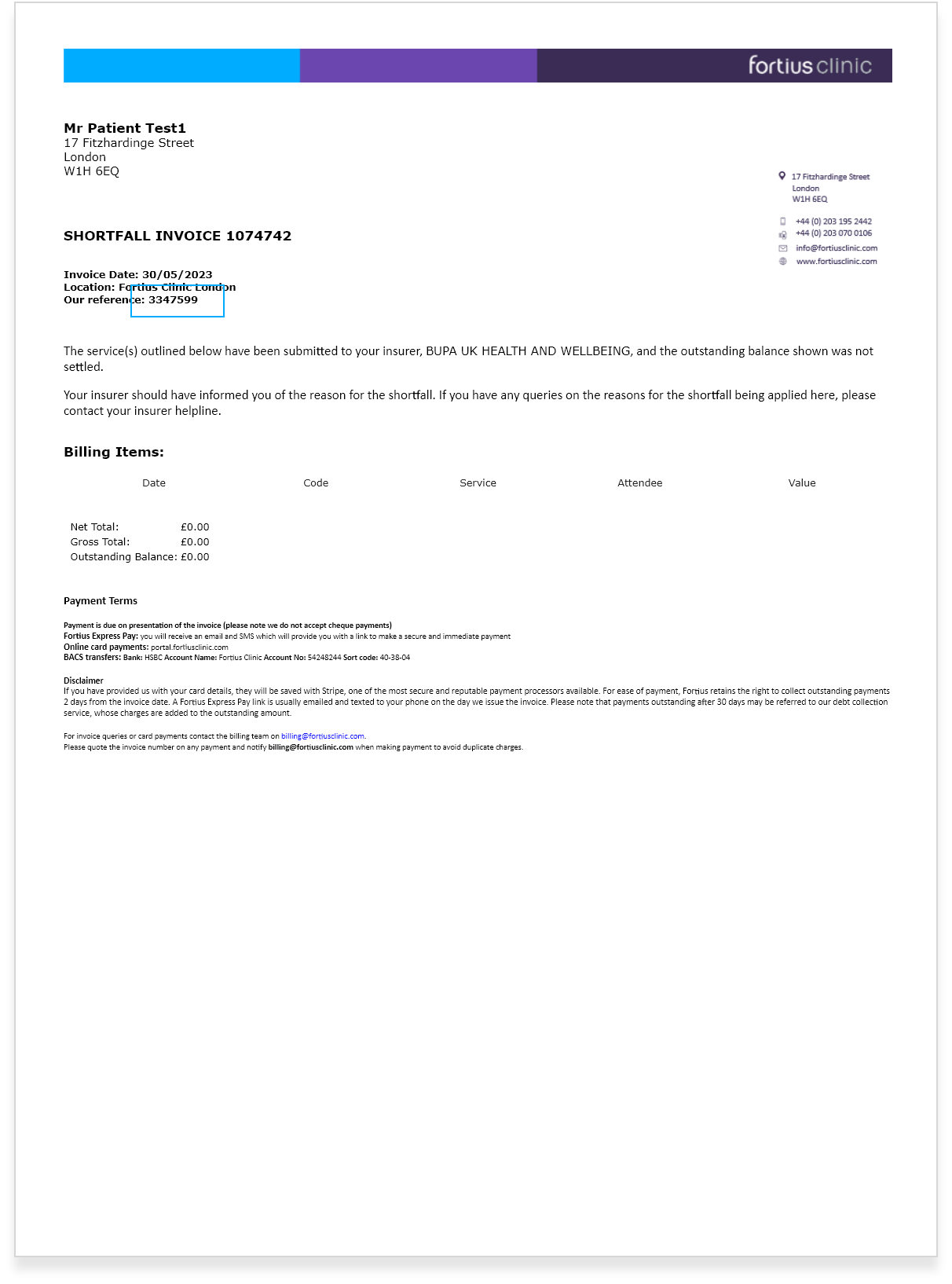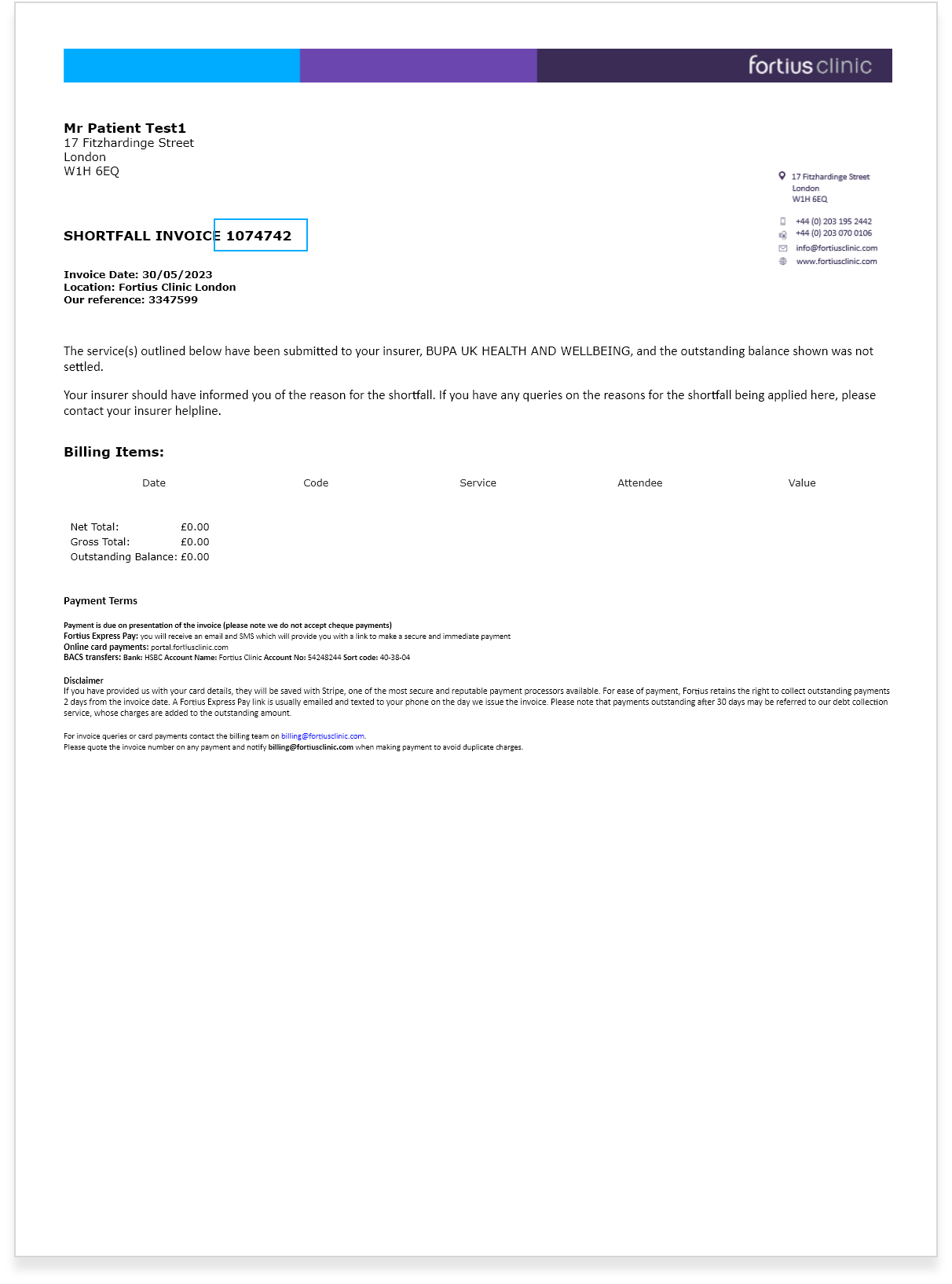What is MRSA?
Staphylococcus aureus is a type of bacteria that lives harmlessly on the skin of about one-third of healthy individuals. MRSA is the term used for the less common strains of this bacterium, Meticillin-resistant Staphylococcus aureus, that are resistant to several widely used antibiotics, making infections harder to treat. It is sometimes referred to as a superbug.
MRSA is readily transmitted between patients, so the control of MRSA is an important factor in the provision of patient care.
In-patients who are colonised or infected with MRSA must have appropriate special precautions taken to prevent spread to other patients.




